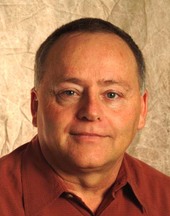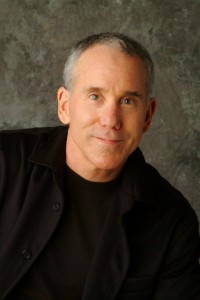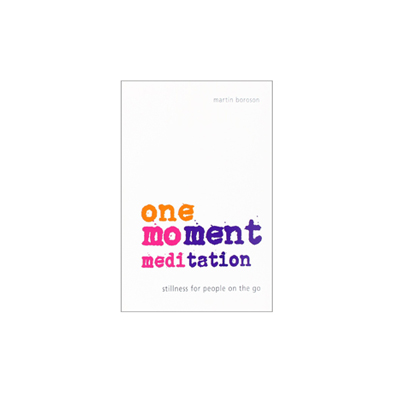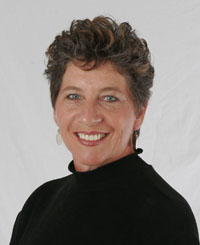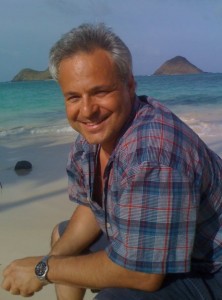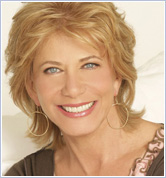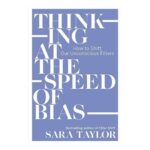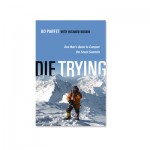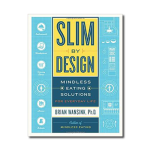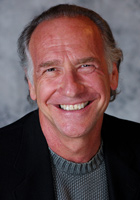 This is my second interview with Dr. Richard Moss about his new book entitled “Inside-Out Healing“. At it’s essence Richard has written a book that is about creating awareness of our presence moment, and in so doing we access all that we need to heal from the Inside-Out.
This is my second interview with Dr. Richard Moss about his new book entitled “Inside-Out Healing“. At it’s essence Richard has written a book that is about creating awareness of our presence moment, and in so doing we access all that we need to heal from the Inside-Out.
As Richard states” All suffering, even physical suffering, has a mental component. Inside-out healing is about learning to free yourself of that mental component: the emotional unhappiness created by your own thinking. It is about learning how to live in the Now, where egoic thinking is witnessed and gives way to awareness. In other words, it’s about wisdom. Inside-out healing is for everyone because it’s ultimately about your relationship to yourself moment by moment.
If suffering is the problem and that suffering primarily comes from your thinking, then you are not going to relieve your pain or solve other problems if you remain at your current level of thinking. It doesn’t matter that you decide to think positively; you will keep swinging like a pendulum to the negative thoughts sooner or later. The issue is not what you think is wrong with you to someone else; you are going to have to shift levels, to move from thinking to awareness of your thinking. This is the fundamental relationship: the relationship of your aware self to your own thoughts, emotions and feelings.
“Presence is the greatest power any of us have”. As we learn to relax into the present moment, body and soul respond. We spontaneously tap into our own intuitive wisdom and gain insight that can resolve even old and seemingly intractable emotional wounds.
I encourage you to listen to this great interview with Dr. Richard Moss the author of ” Inside-Out Healing“, you will learn how to access and become aware of the present moment—the most valuable tool you will need to heal and become whole.
If you would like more information about Dr. Richard Moss, and his courses and video content please click here to be directed to his website. Enjoy the podcast.
